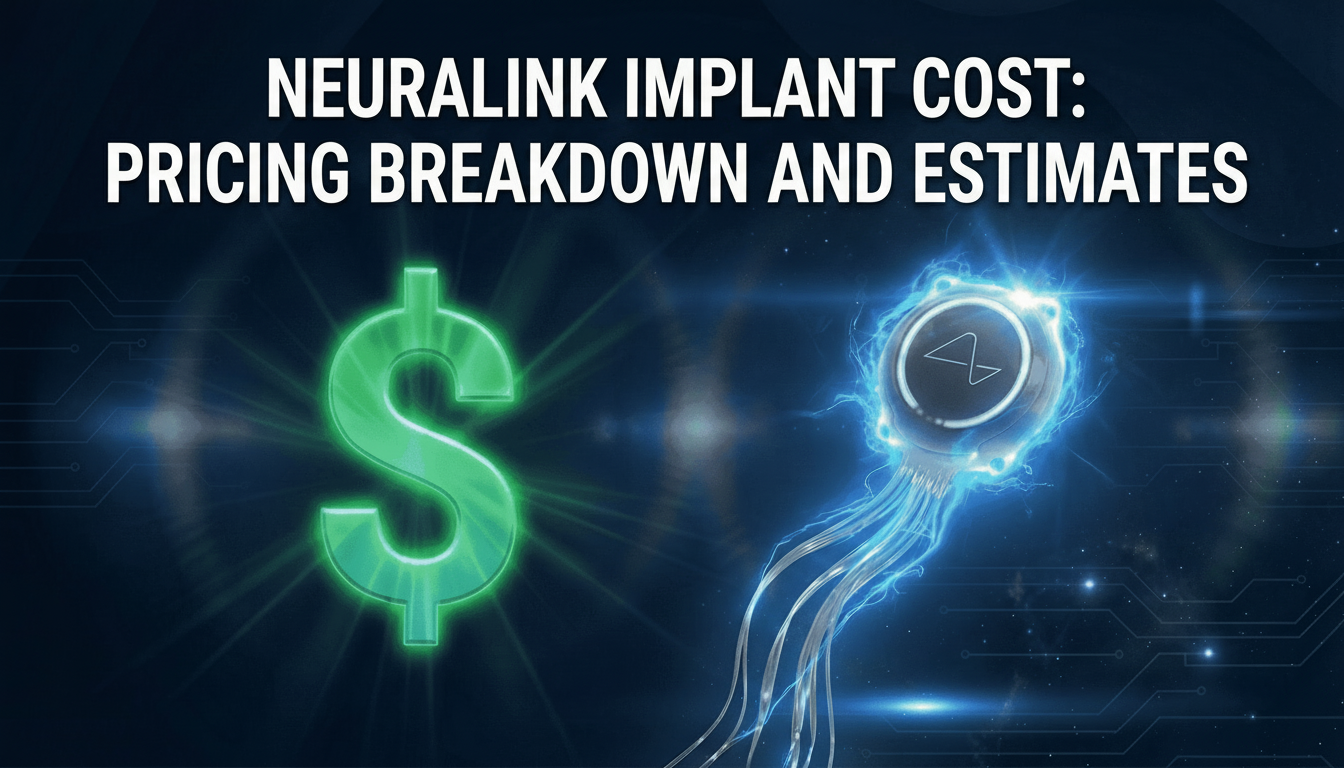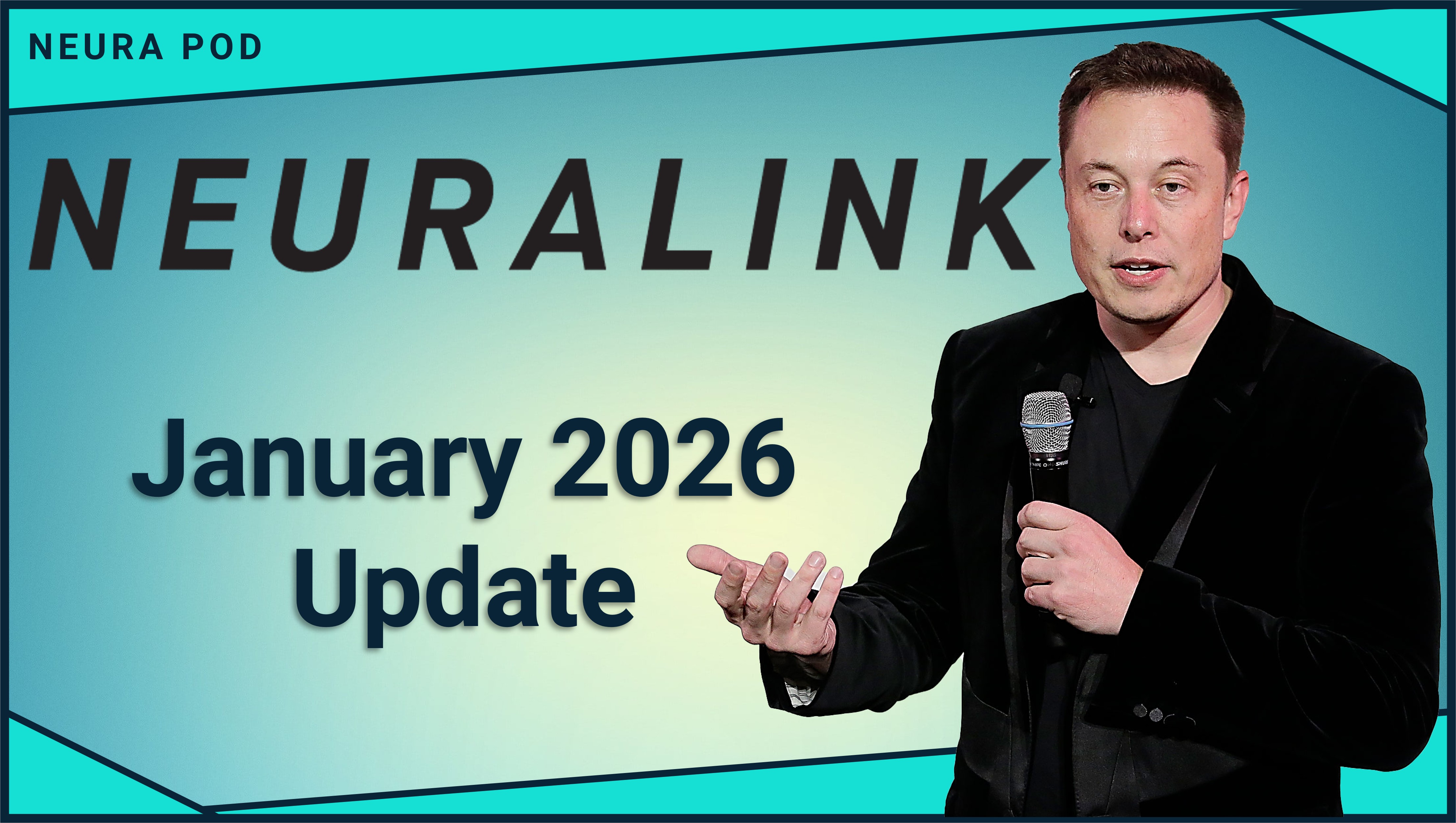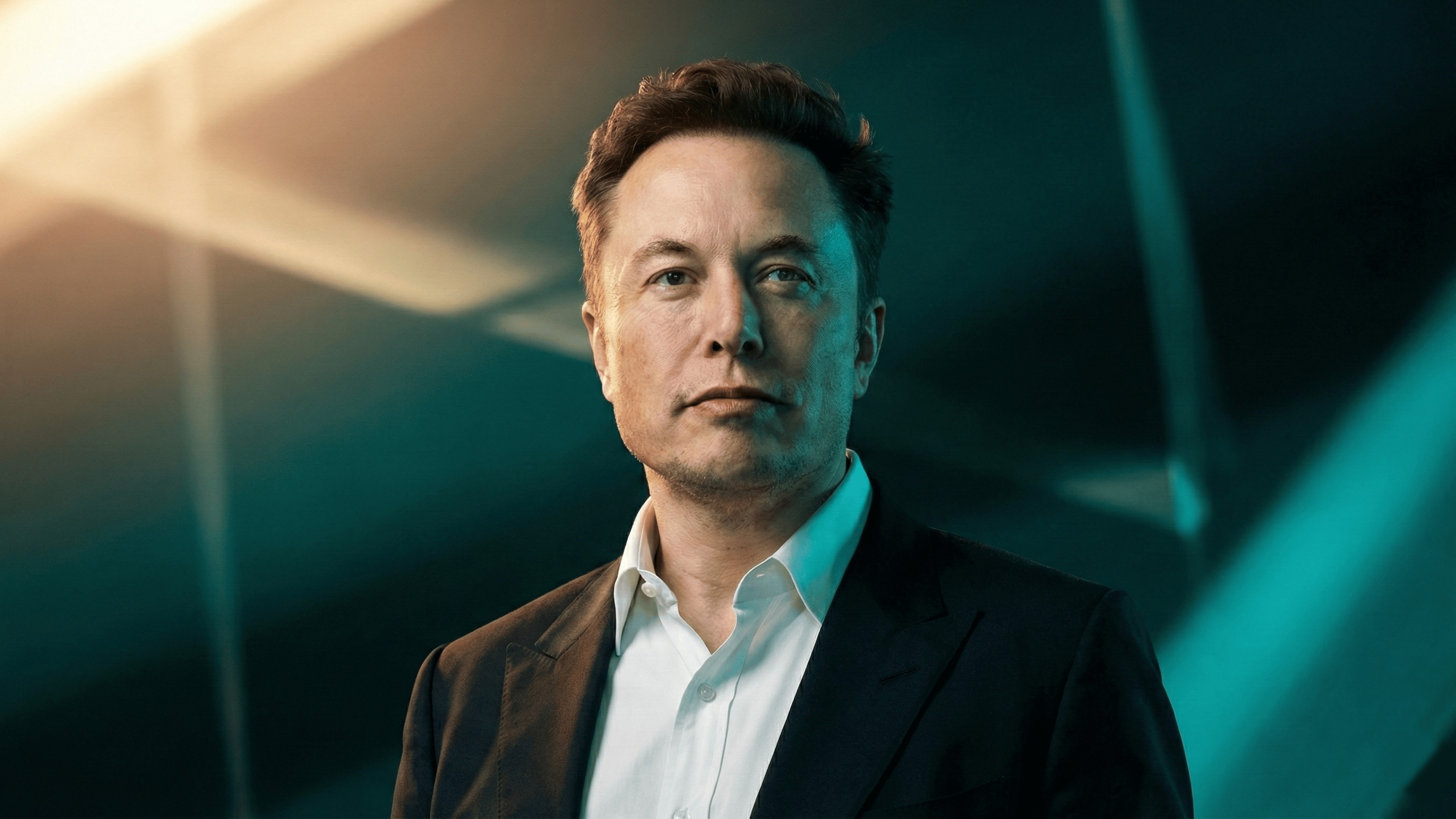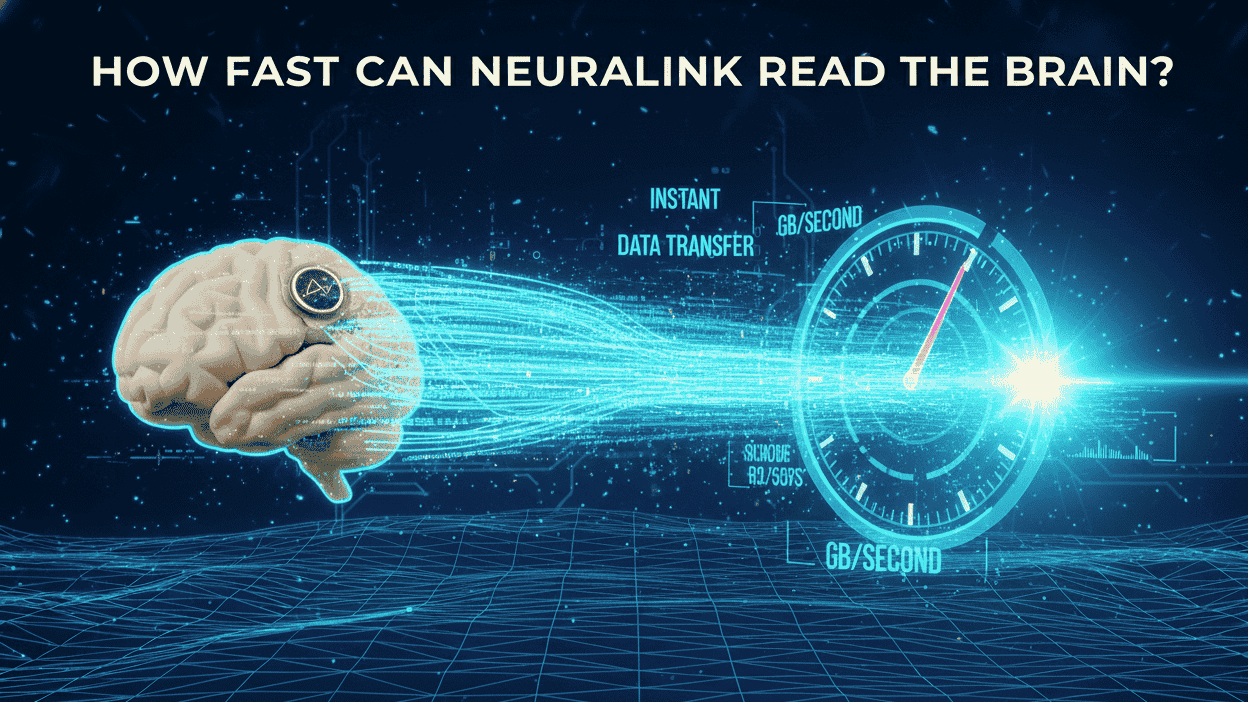- Current participants in Neuralink's FDA-approved clinical trials receive the brain implant procedure at no personal cost, with medical expenses covered by the company.
- Elon Musk estimates that high-volume production will bring the Neuralink implant price to approximately $2,000-$3,000, similar to LASIK, while robotic surgery keeps additional fees low.
- Initial commercial procedure costs are projected at $10,500 for parts and labor, potentially rising to $40,000-$50,000 with insurance reimbursement in the early market phase.
Neuralink's brain implant enters a pivotal phase in 2026, with over a dozen successful human procedures completed across the US, Canada, and UK. As Elon Musk guides the company toward broader availability, questions about Neuralink implant cost remain a top concern for many. While the technology is currently a medical device in clinical trials, Elon has provided some insight at company events. The aspiration for the Neuralink team is to drive down the cost of the physical components of the device as low as possible through volume manufacturing and world-class engineering design. Additionally, they are building a custom surgical robot, called the R1, to ensure the procedures can be performed at scale.
1:22:50 - 1:23:16: https://www.youtube.com/live/r-vbh3t7WVI?si=8JCYYPBn7d-vpVdE&t=4970:
"If this has to be done by a neurosurgeon, it cannot be scaled. There just aren't enough neurosurgeons. So, just as one wouldn't want a hand-operated laser for an opthalmology situation, you really want the robot doing it with precision- the same thing goes for the brain-interface." -Elon Musk
Costs for Current Clinical Trial Participants
Individuals joining Neuralink's PRIME study or patient registry face zero out-of-pocket expenses for the N1 implant procedure. Eligible patients include those with quadriplegia from spinal cord injuries or ALS. They undergo robotic surgery, implantation, and follow-up care fully funded by Neuralink. Costs of travel are not covered. This model mirrors standard FDA clinical trials, where sponsors cover costs to gather safety data.
The Patient Registry on Neuralink's website outlines eligibility without mentioning fees, emphasizing quick screening for global sites like Barrow Neurological Institute and Cleveland Clinic Abu Dhabi. Participants like Noland Arbaugh and recent UK recipient Paul gain thought-controlled computing immediately post-surgery, logging hundreds of hours weekly. With expansions accelerating, thousands now qualify annually, ensuring priority access remains free during this validation stage.
Elon Musk's Projections for Commercial Pricing
Elon Musk has consistently outlined a path to affordability, drawing parallels to consumer electronics. In late 2024 updates, he stated the implant itself could cost $1,000-$3,000 at scale, with robotic surgery adding minimal expense due to the desired 600-second surgery duration and precision. "In very high volume, it should approximate the cost of an Apple Watch," Elon noted, targeting mass production within the coming years.
This vision builds on Neuralink's $650 million Series E funding and $9 billion valuation, enabling factory ramps for 1,000+ implants yearly. They are currently expanding their footprint in Austin, Texas and Silicon Valley in California. Early roadmaps project electrode counts tripling to 3,000 by 2026, driving efficiencies that lower per-unit costs. Elon's strategy prioritizes medical approvals first, paving insurance reimbursement paths before elective uses.
Breakdown of Estimated Procedure Expenses
Analyses peg the baseline procedure at ~$10,500, covering exams, the N1 device (1,024 electrodes, titanium enclosure), and labor. This includes:
- Implant hardware: $1,000-$3,000 (projected), with polyimide threads and on-device AI processing.
- Robotic surgery (R1 system): $5,000-$10,000 initially, dropping as automation refines vessel avoidance.
- Pre/post-op care: $2,000-$5,000 for imaging, telemetry, and app integration.
Insurance dynamics could adjust totals to $40,000-$50,000, akin to advanced neurostimulators, with Neuralink pursuing Breakthrough Device status for faster approvals. Keep in mind, LASIK is considered an elective surgery and not an essential procedure. Over the long-term, the majority of Neuralink implant procedures will be elective. Over-the-air updates eliminate replacement needs, extending longevity beyond five years.
Insurance Coverage and Long-Term Affordability
Post-FDA clearance, expected post-2027 trials, insurers will classify Neuralink as a durable medical device, similar to cochlear implants ($30,000-$60,000 reimbursed). Neuralink's data: 98% neuron preservation, zero major adverse events, helps strengthens coverage cases.
Global partnerships in Canada and UAE signal diverse reimbursement models. Elon Musk anticipates subsidies for low-income patients, mirroring Tesla's accessibility push. By 2028, with 25,000-channel implants, economies of scale could halve costs, enabling applications for vision restoration via Blindsight.
Comparisons to Other Medical Devices
Neuralink pricing undercuts competitors:
Deep Brain Stimulator (DBS) $50,000-$100,000
Cochlear Implant $30,000-$60,000
Spinal Cord Stimulator $20,000-$50,000
Neuralink (Est.) $10,000-$50,000
Rigid-electrode rivals lag in bandwidth, justifying Neuralink's premium. Non-invasive hats (~$500) offer lower entry but lack permanence and very little long-term potential.
Elon Musk's foresight positions Neuralink for 60+ million potential users with paralysis or blindness, generating sustainable revenue at low margins.
Ryan Tanaka
Neura Pod is a YouTube and podcast channel covering topics related to the company, Neuralink. Check out the channel here: https://www.youtube.com/c/neurapod
TL;DR
Neuralink implant costs start at zero for trial patients, with Elon Musk forecasting $1,000-$3,000 devices and $10,500 procedures scaling to Apple Watch levels by 2027. Insurance will cap early outlays at $40,000-$50,000, far below DBS alternatives, as 12+ implants prove safety. Backed by $9B valuation and global trials, Neuralink delivers affordable autonomy: thought-controlled lives for quadriplegia, ALS, and blindness, unlocking Elon Musk's vision for universal brain interfaces.











